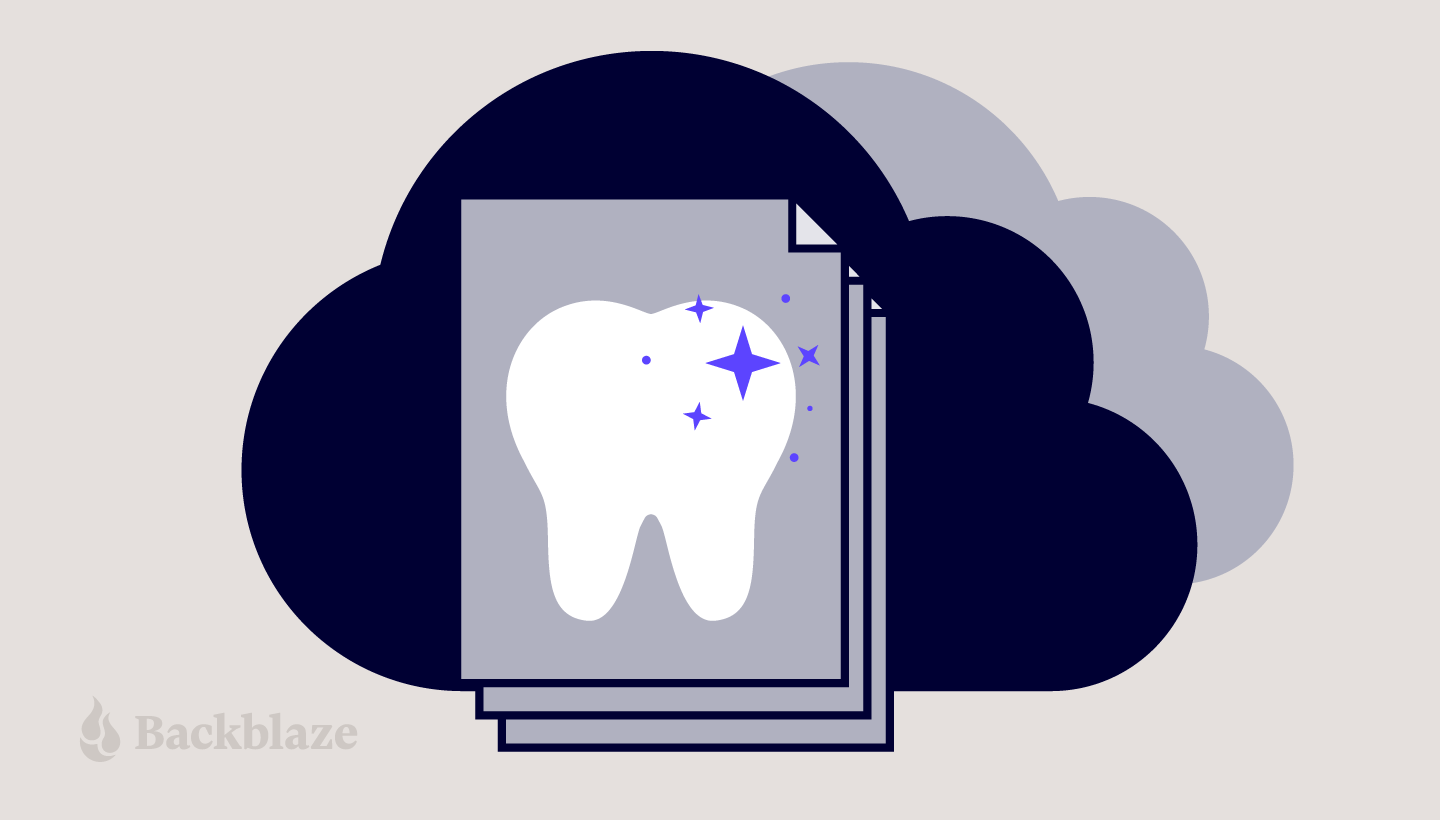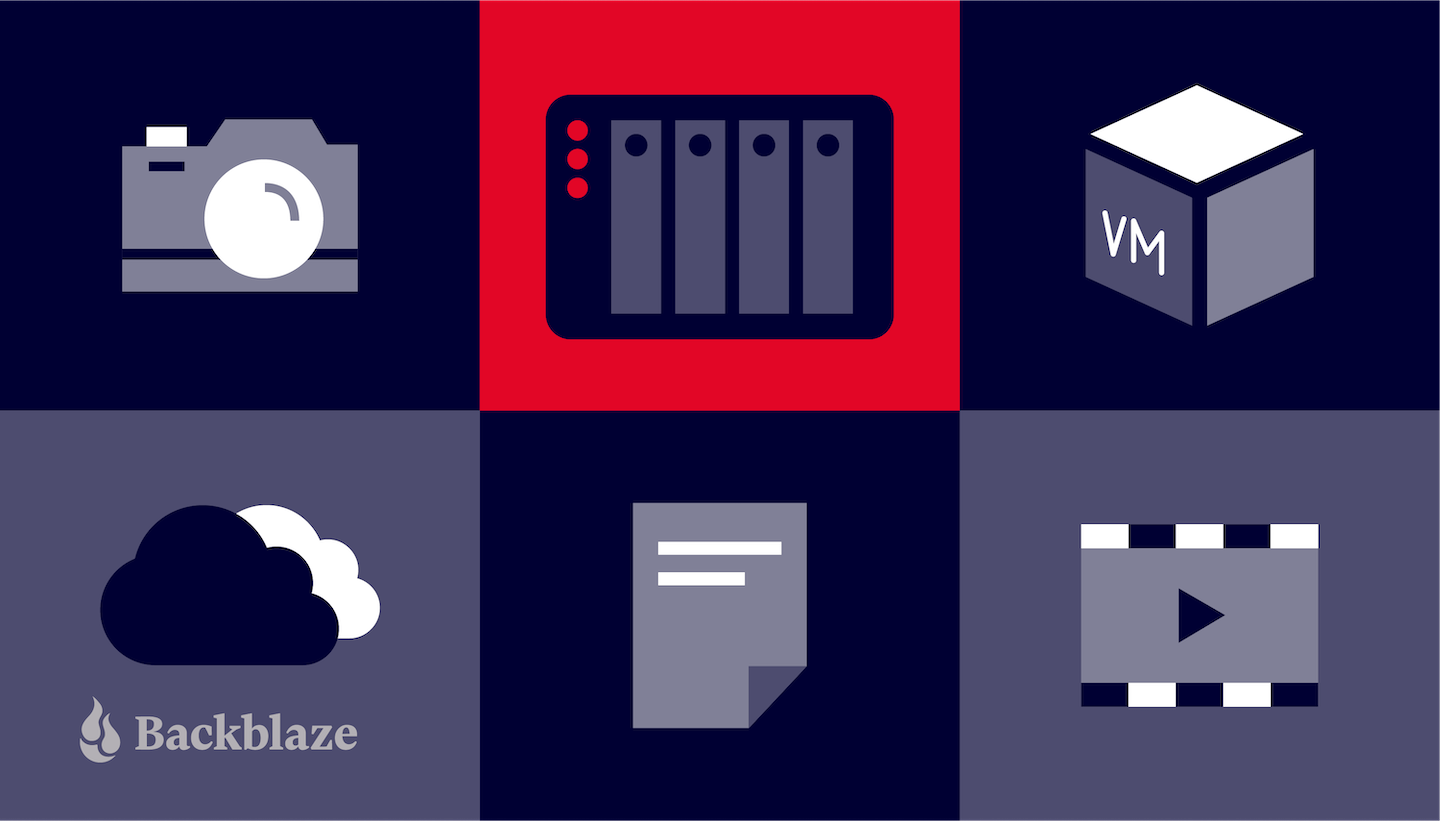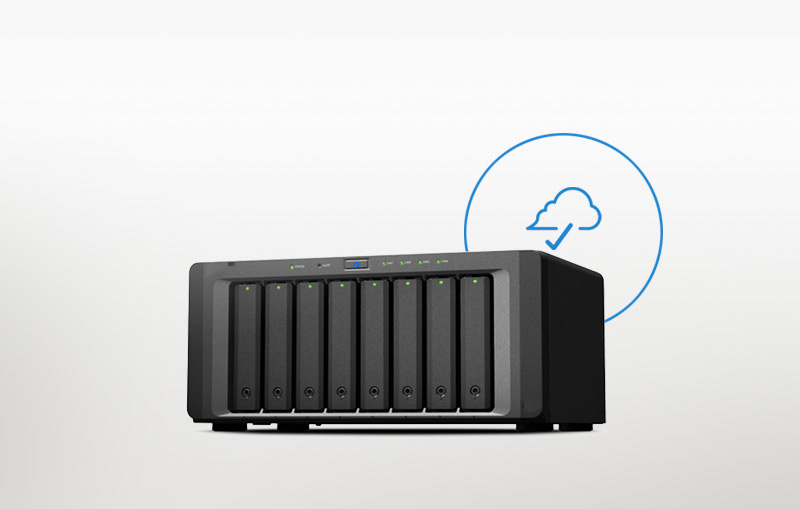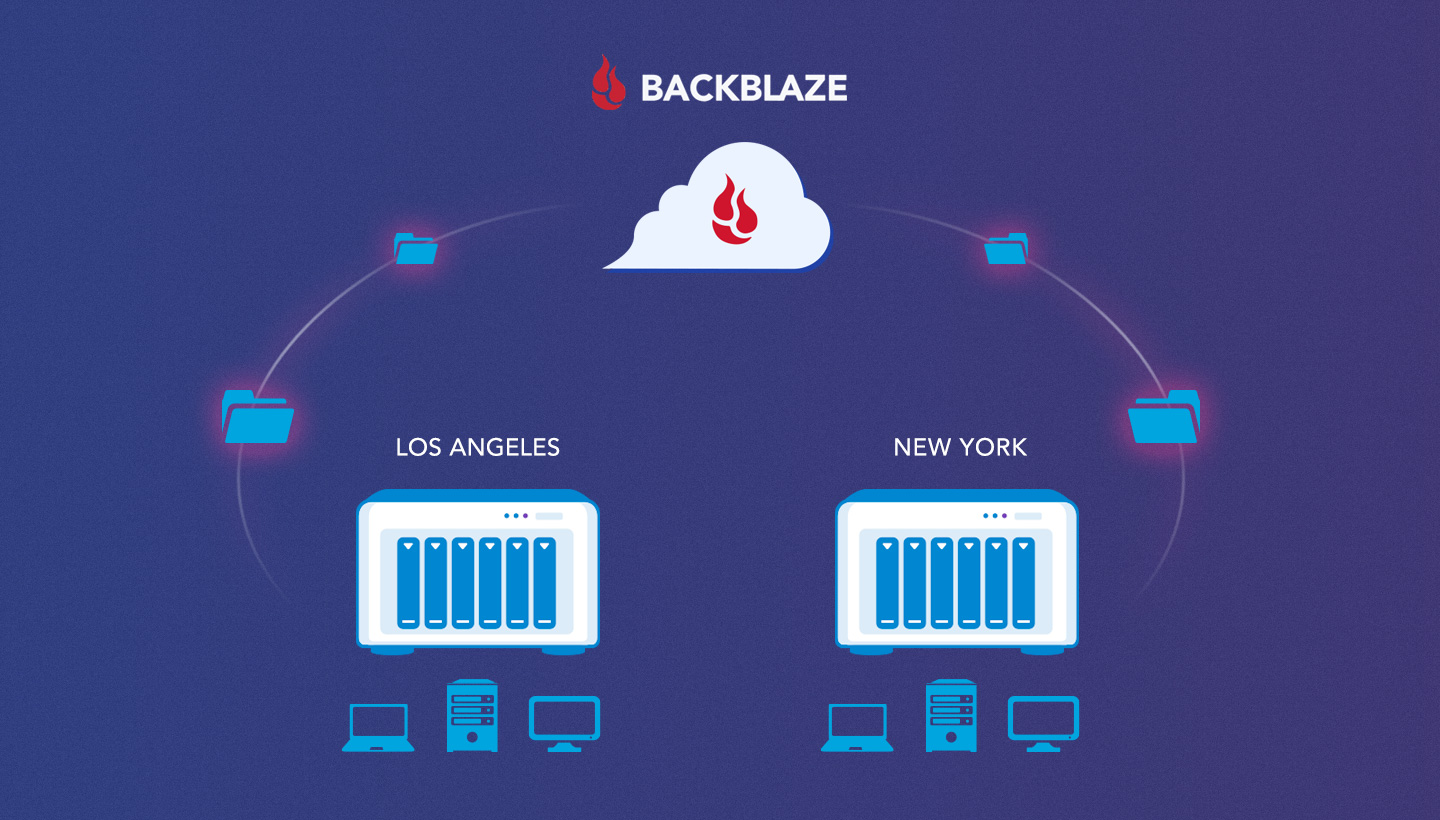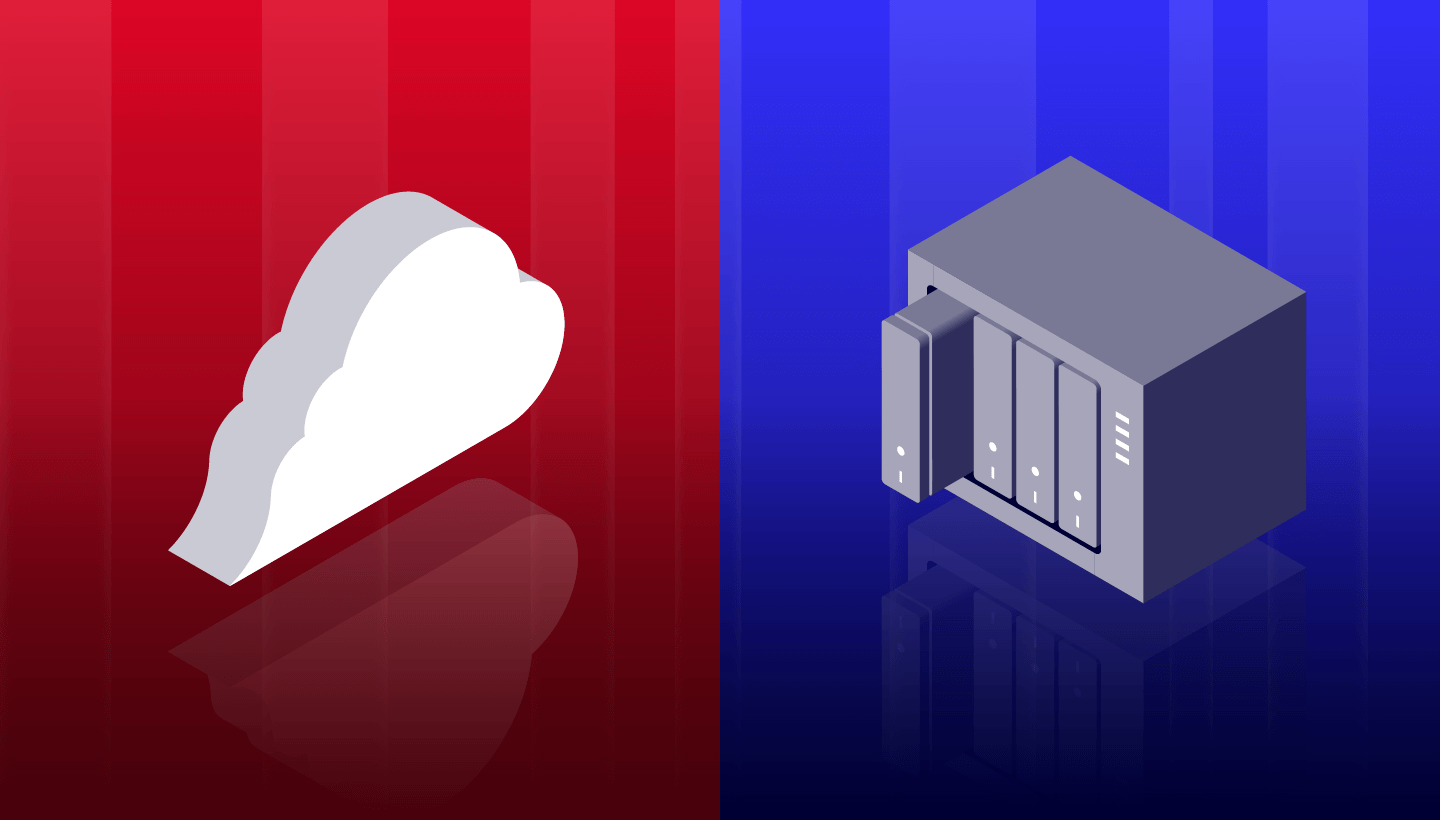
NAS Backup Resources
Using a NAS in your workflows is a great solution. Finding the right one, configuring it, backing it up, and protecting your data can be challenging. Don’t worry, we’re here to help.
Learn how to get the most value out of NAS: evaluating, configuring, optimizing, protecting, and more.
Free Download
Featured NAS Backup Guides
NAS Solutions From Backblaze
NAS Backup FAQs
Add another layer of protection and usability by backing up your NAS to the cloud
Start Now-
How do I back up my NAS to the cloud?
Using either your device’s native backup application or third-party backup software, create a bucket in your public cloud account and then use an Application Key to integrate your backup software with your cloud storage.
-
Why should I back up my NAS to the cloud?
Using NAS is a great local backup solution, but it is vulnerable to hardware failure, ransomware attacks, and on-premises disasters. The best backup approach follows the 3-2-1 backup strategy, which requires at least one off-site copy of your data. Cloud backup satisfies this requirement. Saving past backups in the cloud also allows you to recover from a point in time before a ransomware attack.
-
What is a NAS backup?
The term, network attached storage, or NAS, describes computer storage devices that can be accessed across a computer network instead of being directly attached to the computer. NAS devices enable many computers to share the same backup server at one time.
-
How is NAS backup different from cloud backup?
NAS backups save your backup data locally on the NAS device itself. This allows for quick and easy access to backups, but these backups are also highly vulnerable to hardware failure, ransomware, and on-premises natural disasters like fire, flood, and earthquake. Cloud backups securely protect your data off-site and are a crucial element of the 3-2-1 backup strategy.

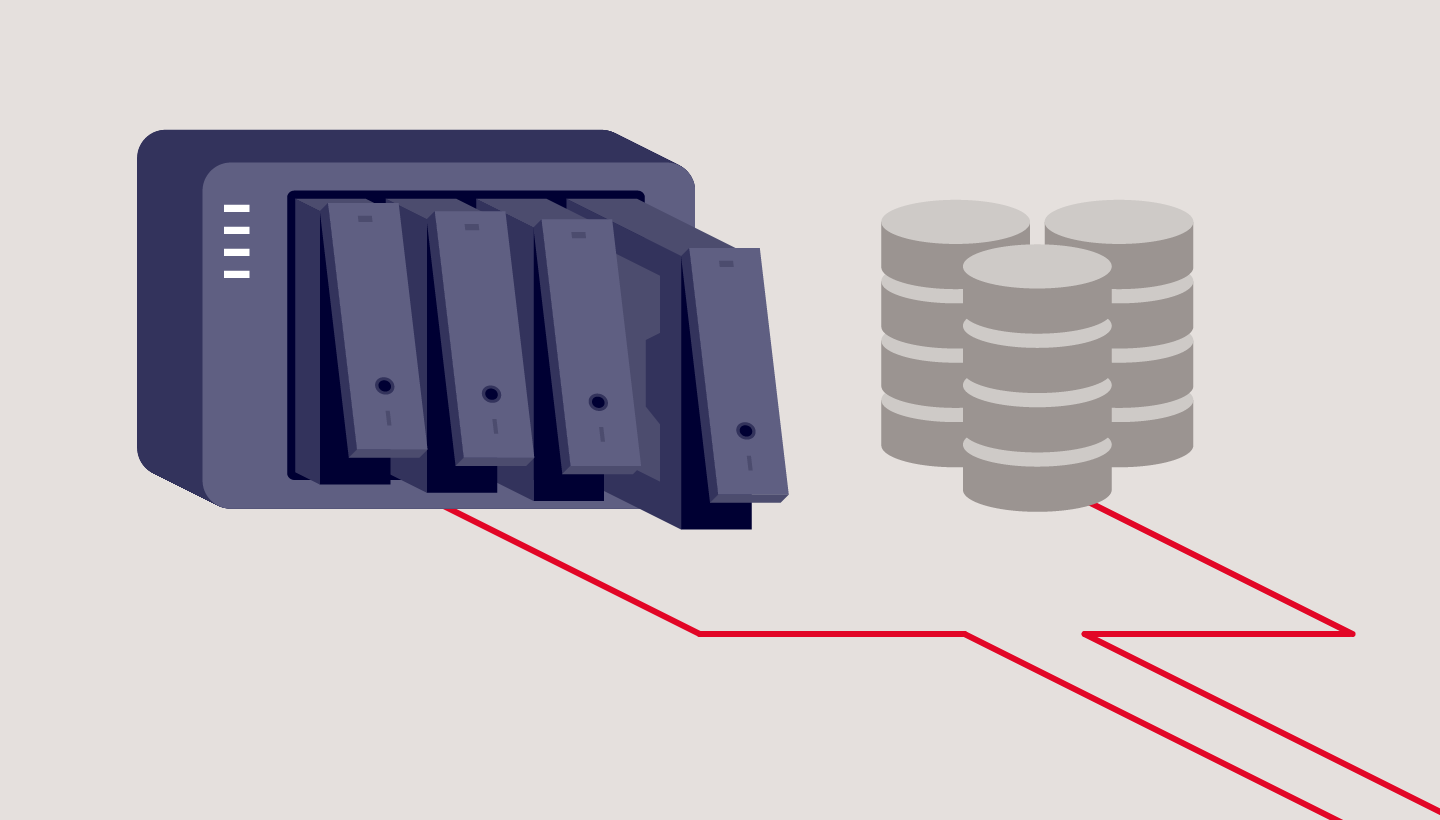
NAS RAID Levels Explained: RAID Types and Benefits
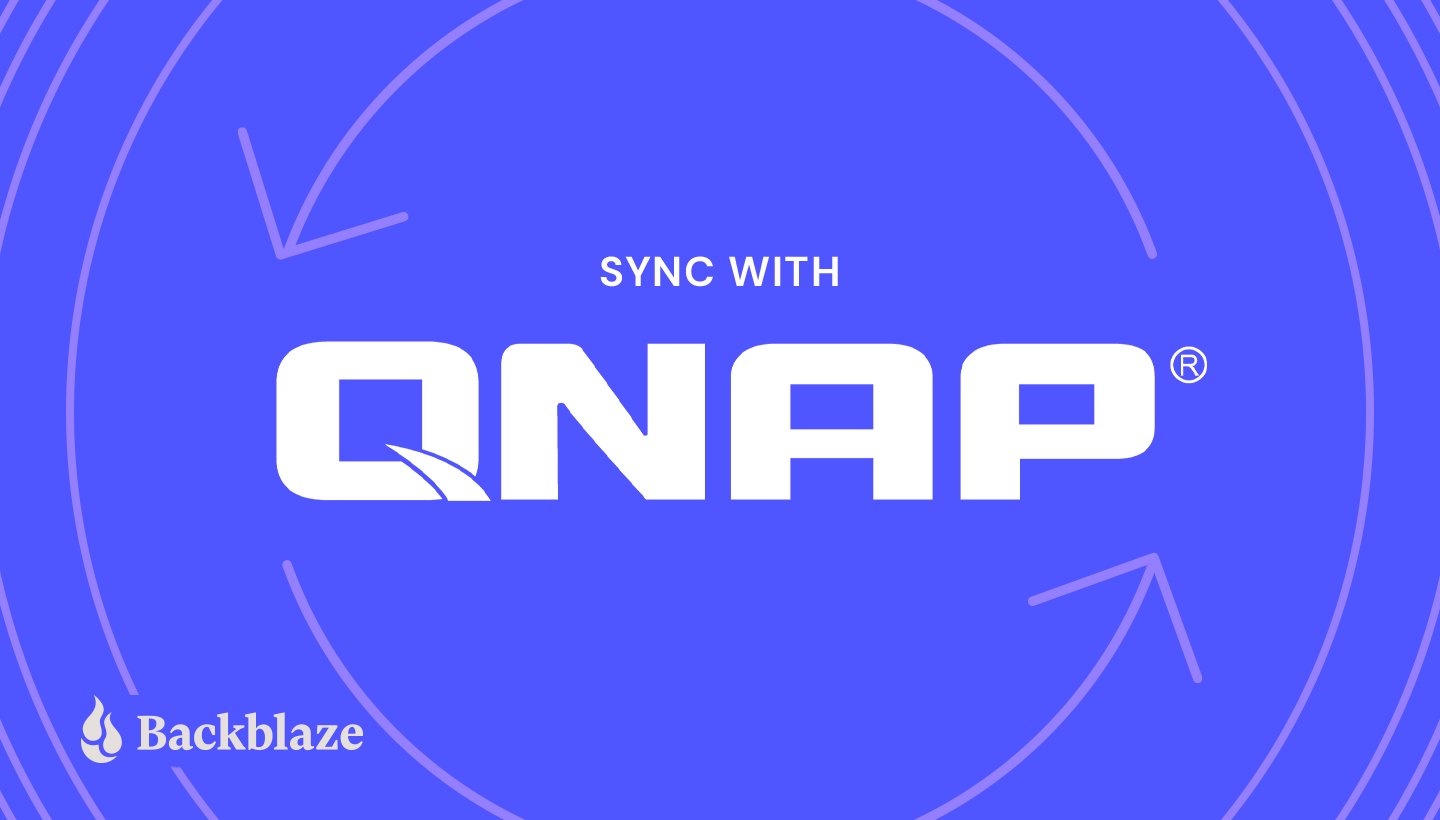
How to Back Up Your QNAP NAS to the Cloud

NAS 101: A Buyer’s Guide to the Features and Capacity You Need
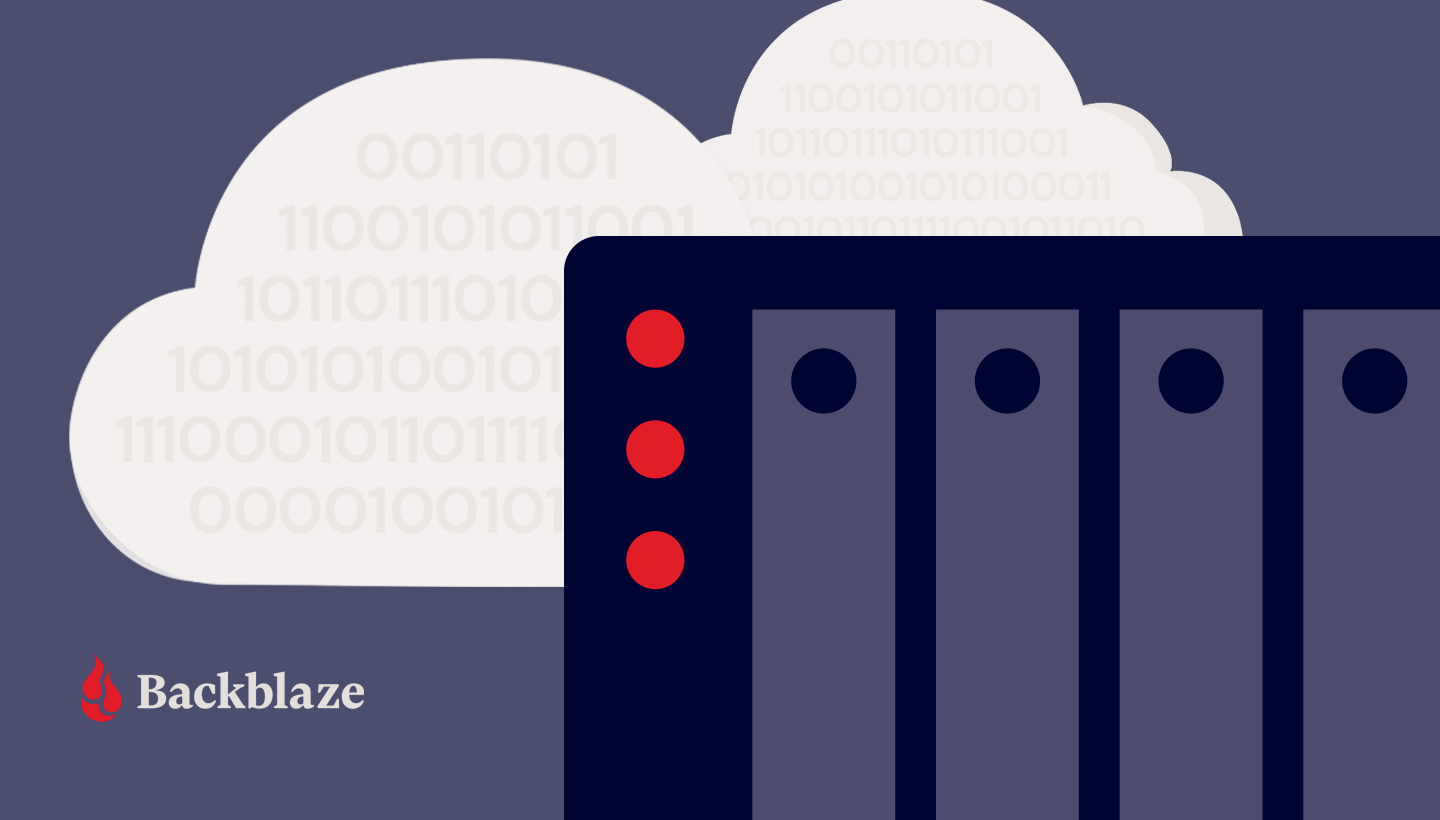
NAS Life Expectancy: How to Extend NAS Longevity
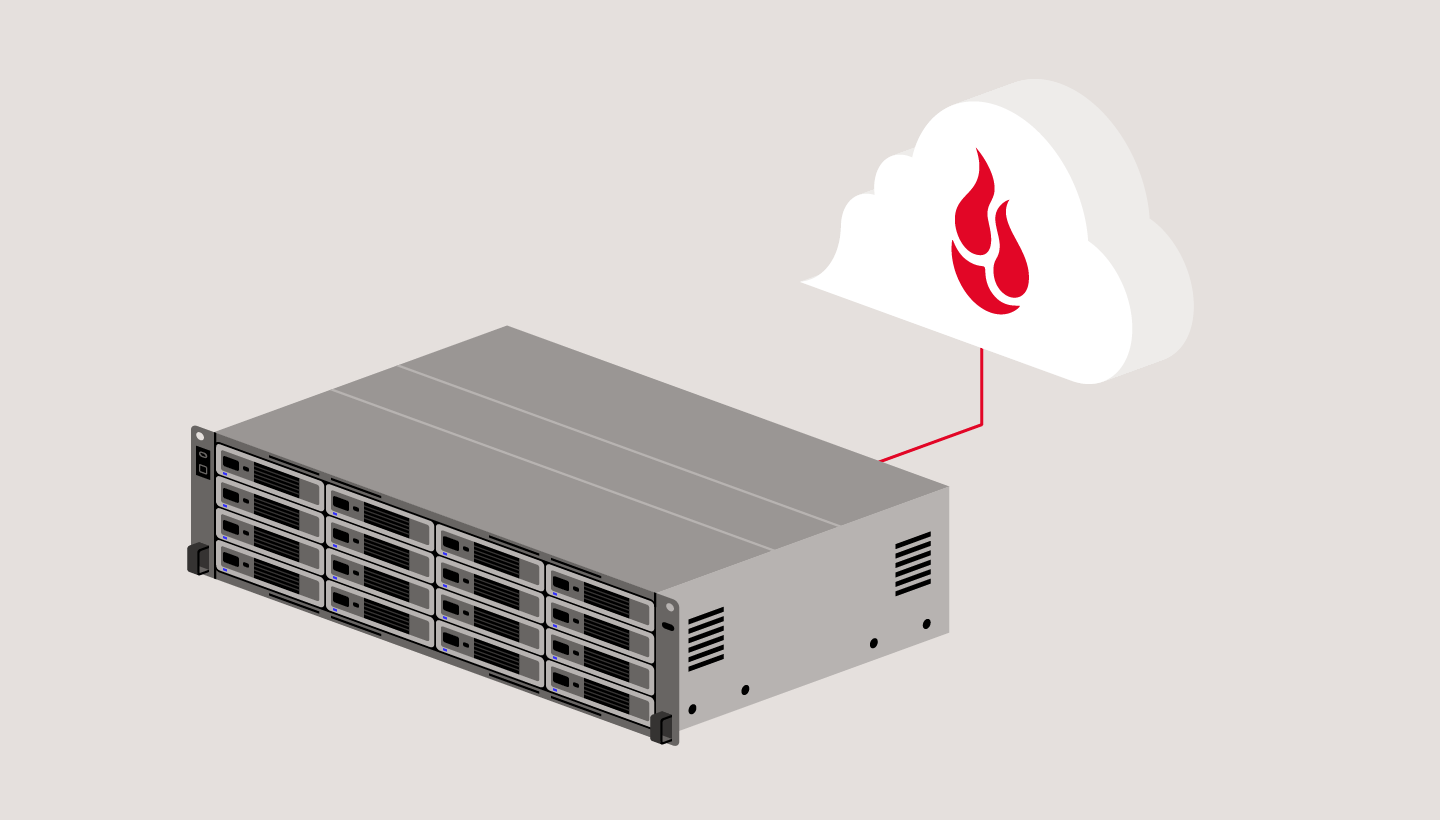
NAS Performance Guide: How To Optimize Your NAS
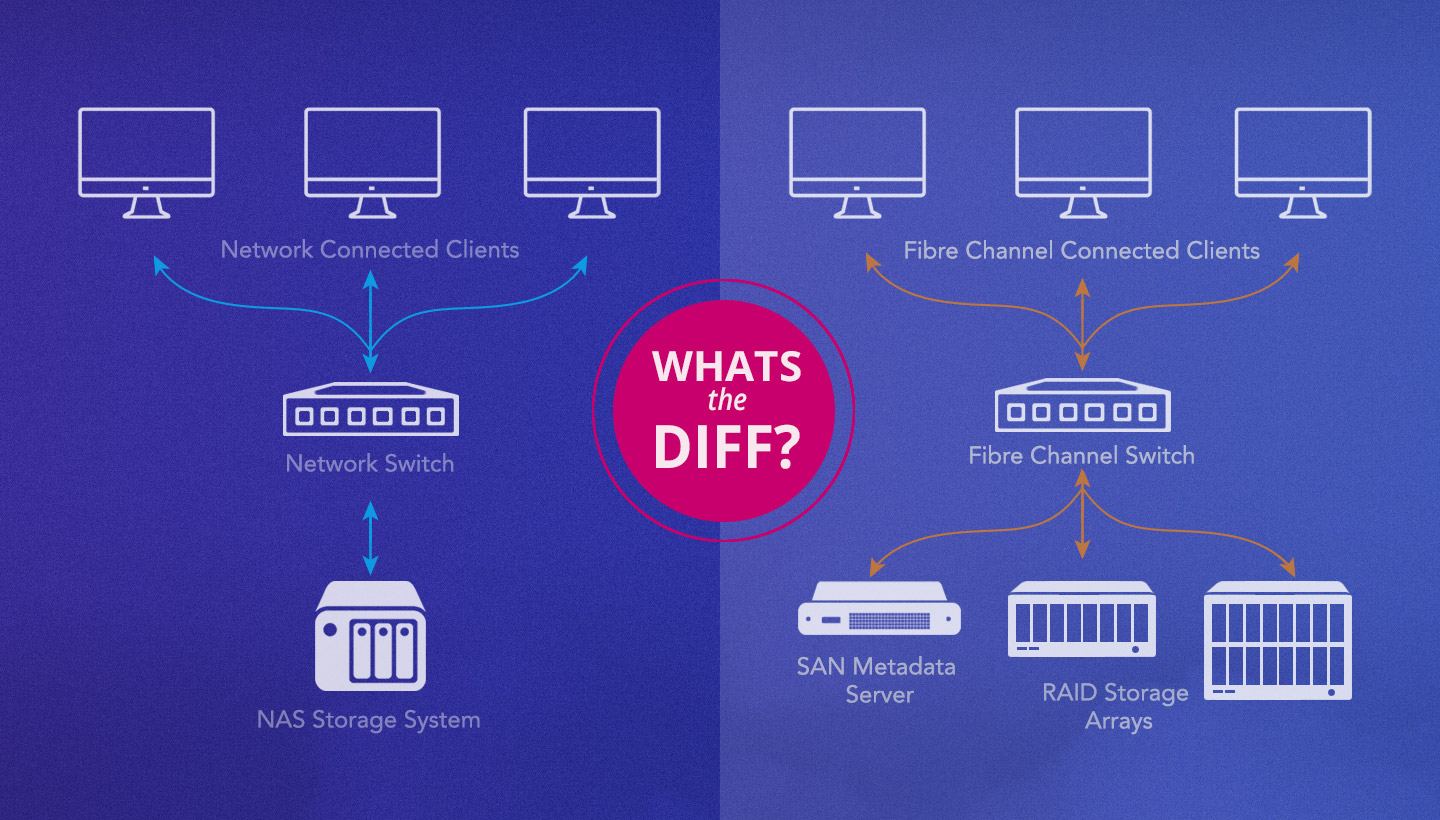
What’s the Diff: NAS vs. SAN
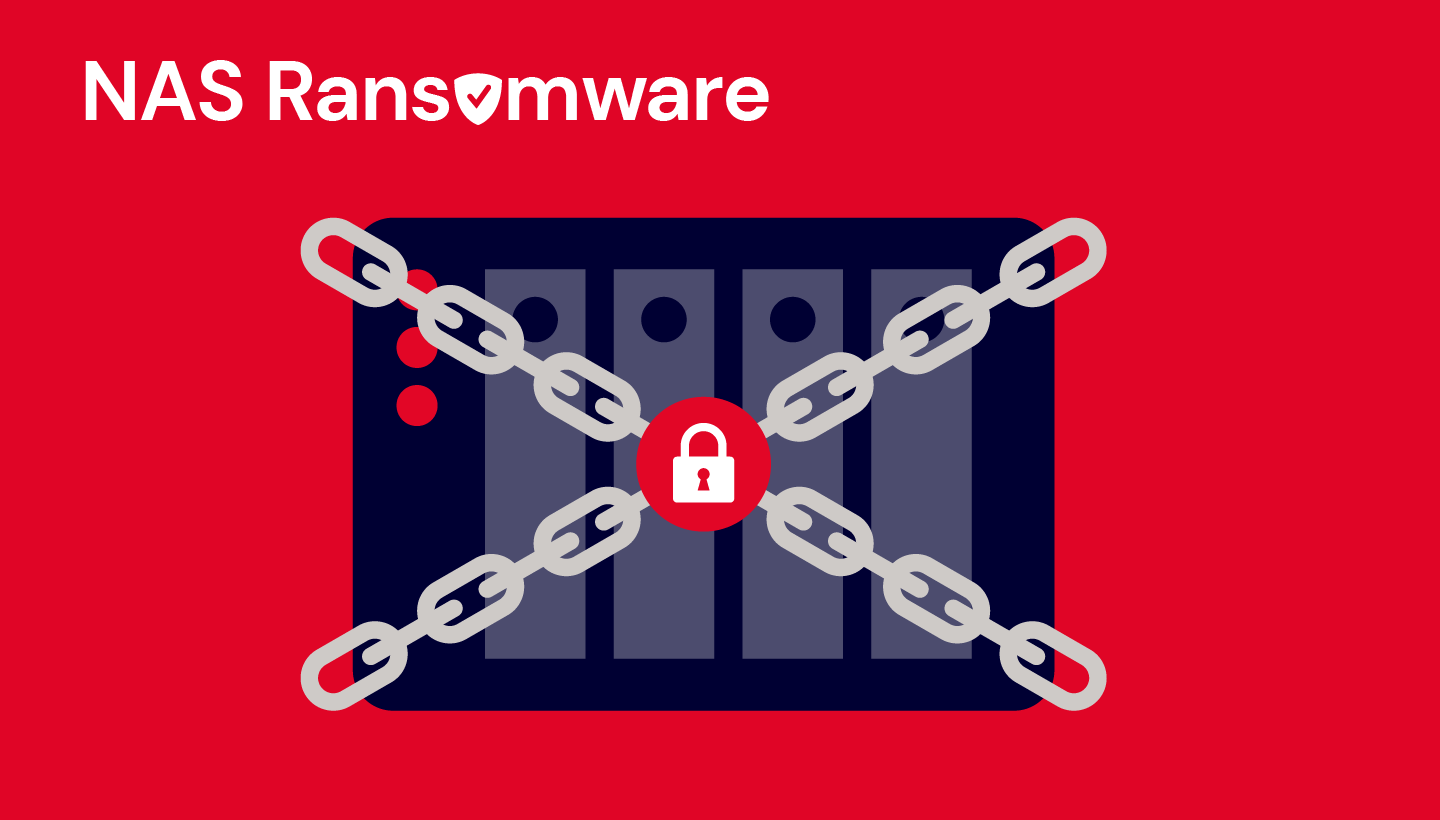
NAS Ransomware Guide: How to Protect Your NAS From Attacks

Free Your Premiere Pro Workflows With Backblaze Cloud Storage

How to Choose the Right Enterprise NAS for Your Business

Unlocking Media Collaboration: How to Use Hybrid Cloud to Boost Productivity
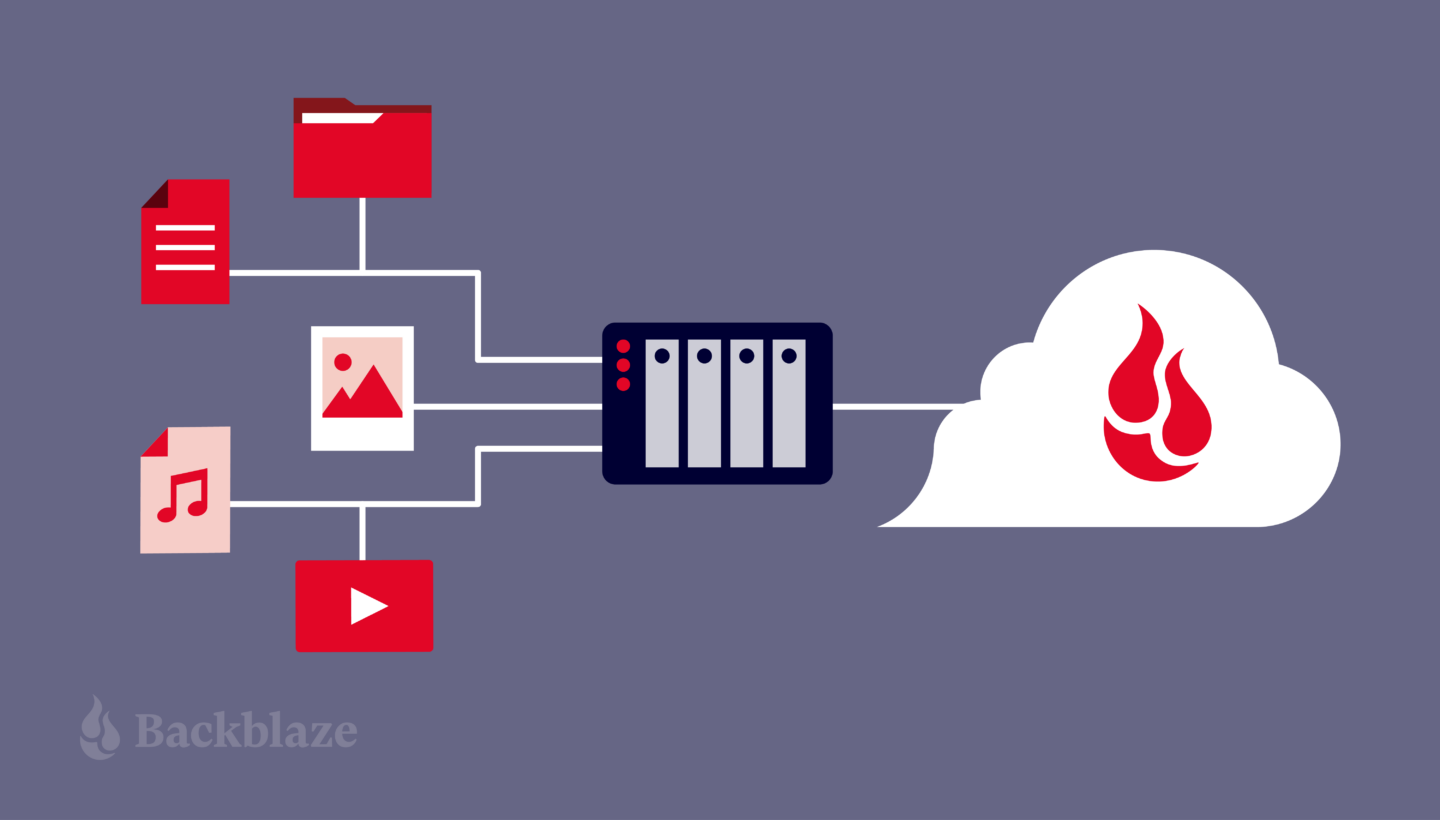
A Tale of Two NAS Setups, Part Two: Managing Media Files
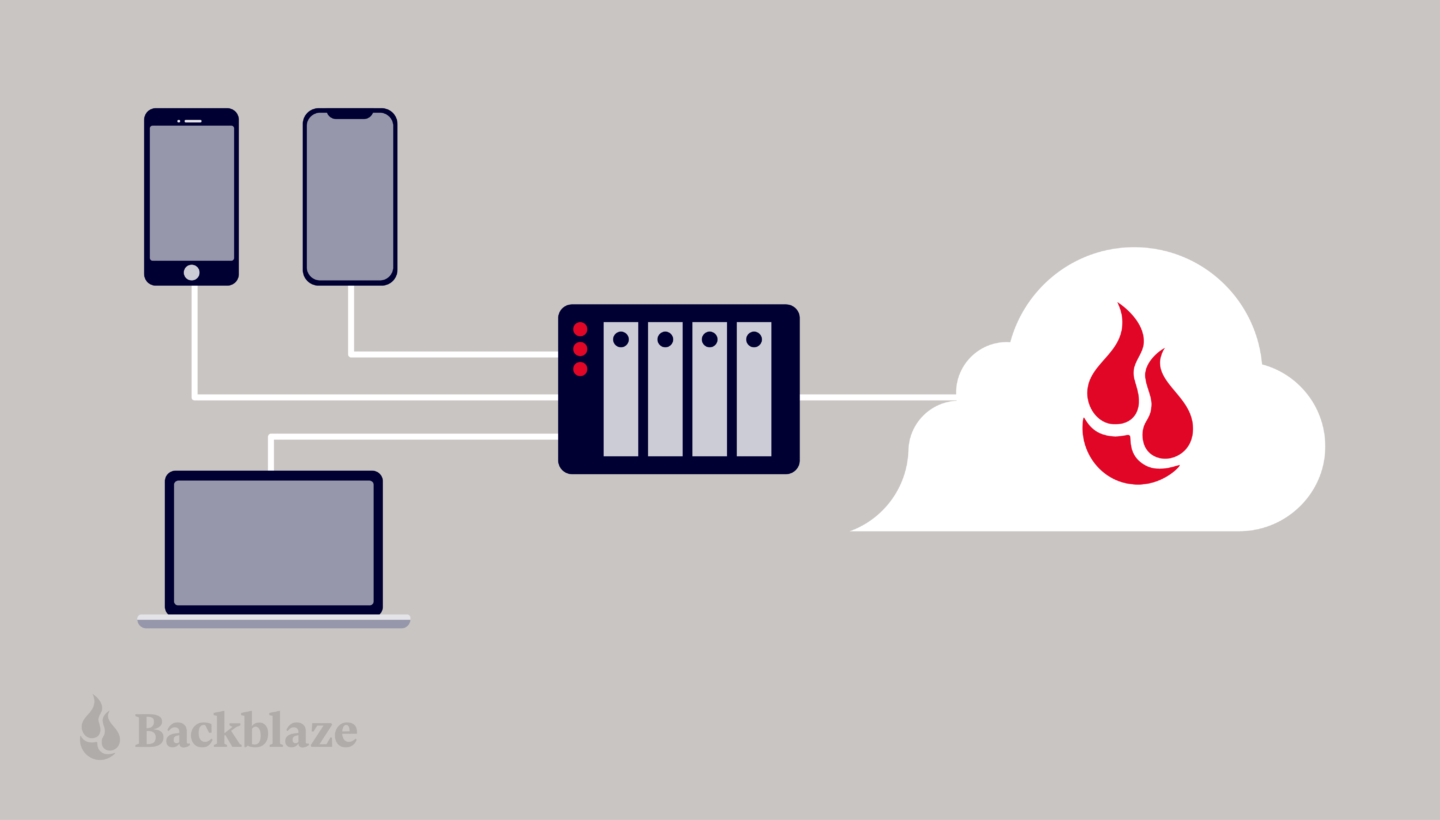
A Tale of Two NAS Setups, Part One: Easy Off-Site Backups
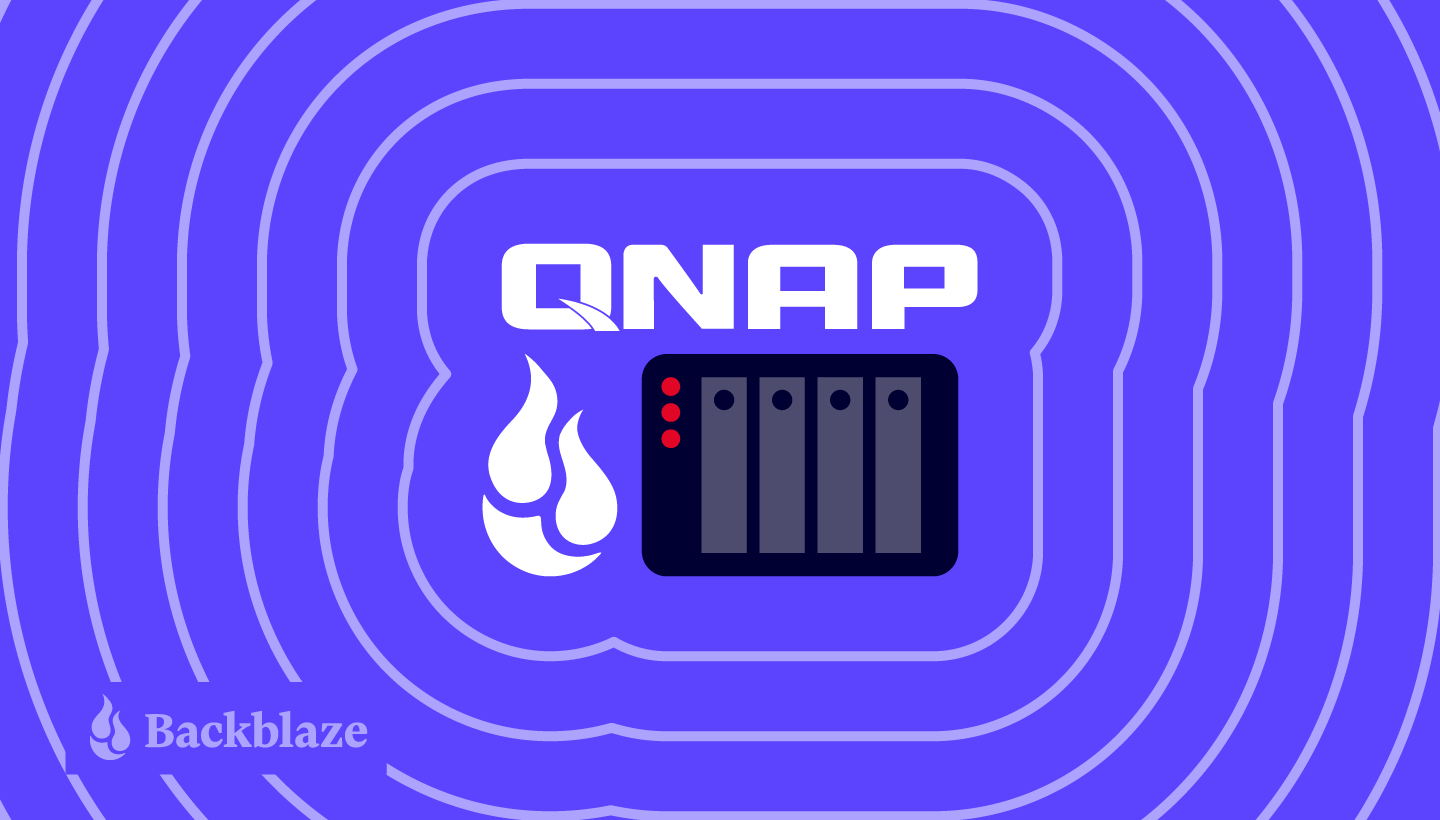
How to Connect Your QNAP NAS to Backblaze B2 Cloud Storage

How to Connect Your Synology NAS to Backblaze B2 Cloud Storage

Backup Solutions for Medical Offices
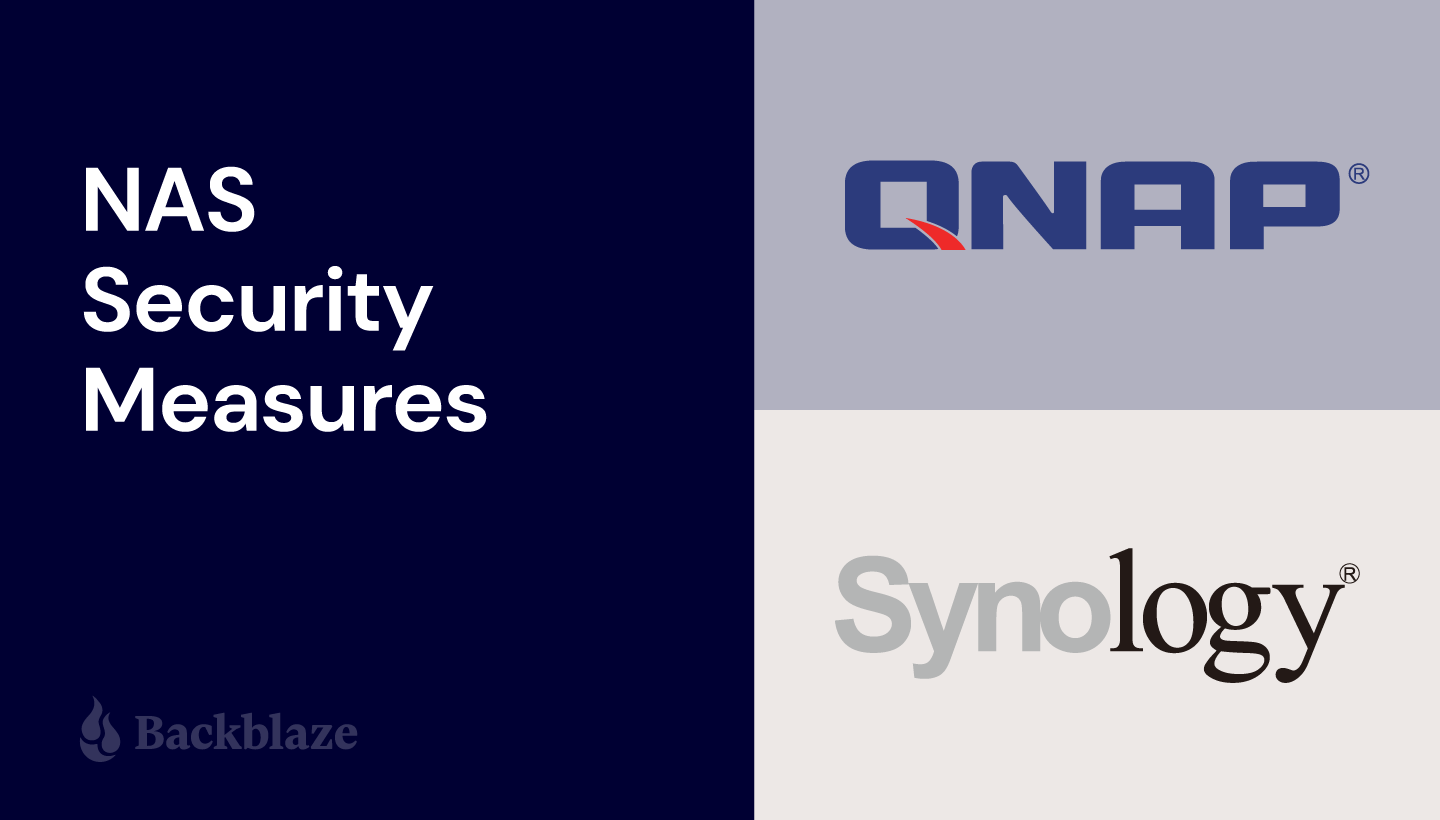
Recent QNAP and Synology Security Alerts: How to Protect Your NAS
